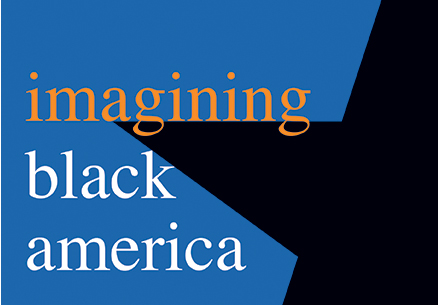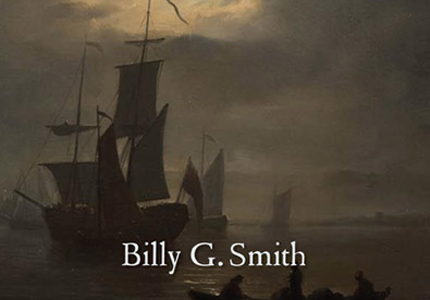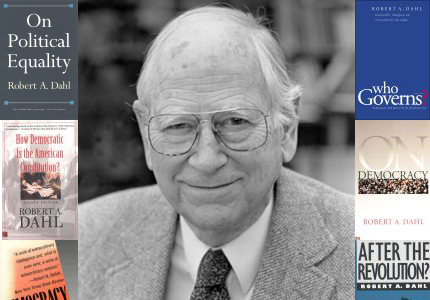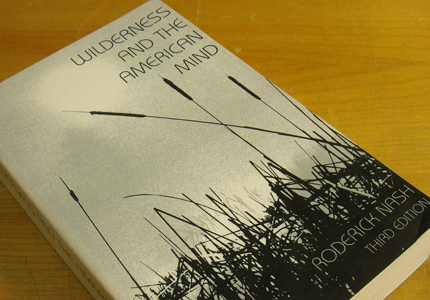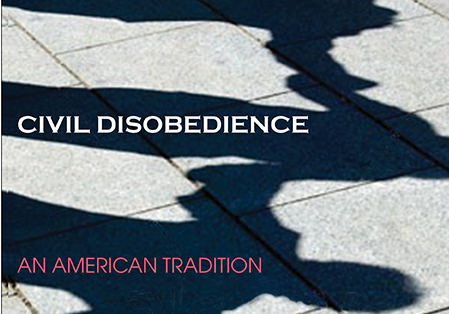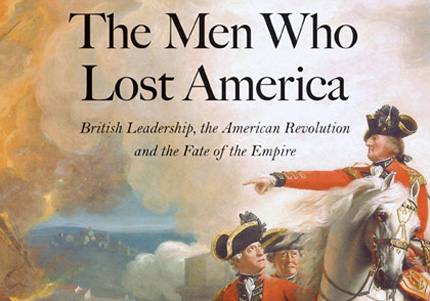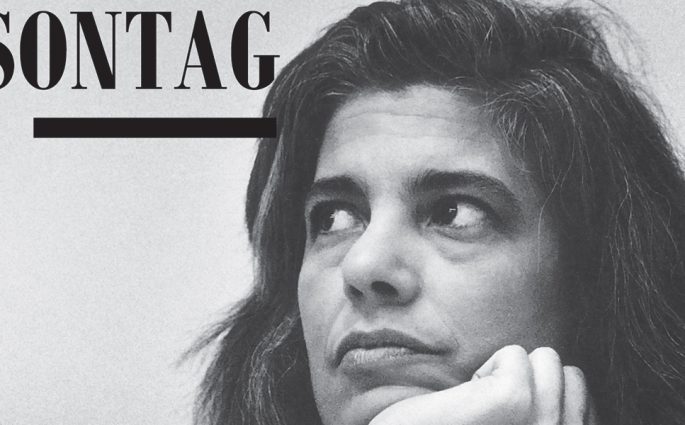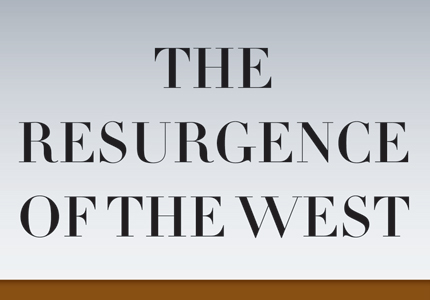Imagining Black America
To begin with, some basic biology. Human beings share fully 99.5 percent of our DNA. In other words, the individual difference between us – in height and weight, in skin color, in hair texture – are shaped by a mere 0.5 percent of our genetic material. This is how Michael

